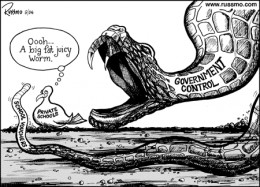Justin Uppinghouse needs to spend the next year-and-a-half making sure his school isn’t labeled a failure. Fewer  than a third of his students at Whitsitt Elementary School were on grade level in math and reading on last year’s state tests, a low among Metro’s 150 schools.
than a third of his students at Whitsitt Elementary School were on grade level in math and reading on last year’s state tests, a low among Metro’s 150 schools.
Nineteen out of 20 students at his elementary school are considered poor. In addition, more than half speak a language other than English at home, creating another set of challenges beyond merely improving test scores.
As Whitsitt Elementary’s principal, Uppinghouse has the rest of this school year and next year to prove he can turn the school around, both to keep his job as leader of a so-called “priority school” and to stave off a state or charter-school takeover.
His school is one of 15 in Davidson County that Tennessee lawmakers are using to justify giving state-funded scholarships to students to attend private schools.
Legislators plan to supply up to 5,000 school vouchers, redeemable this fall, to low-income students from the state’s lowest performing schools. Any vouchers (also known as “opportunity scholarships”) left over would be free to any student qualifying for free or reduced-price lunch anywhere in the county.
Passion for the idea comes largely out of Memphis, where 50 schools ranked among the bottom 5 percent in the state last year based on three years of standardized tests. This low performance got them designated as “priority schools.” Now private institutions such as Jubilee Catholic Schools are eager to absorb Bluff City students, for a roughly $6,600 tuition check from the state for each child.
But private schools in and around Nashville are less eager to join the party… (continue reading)